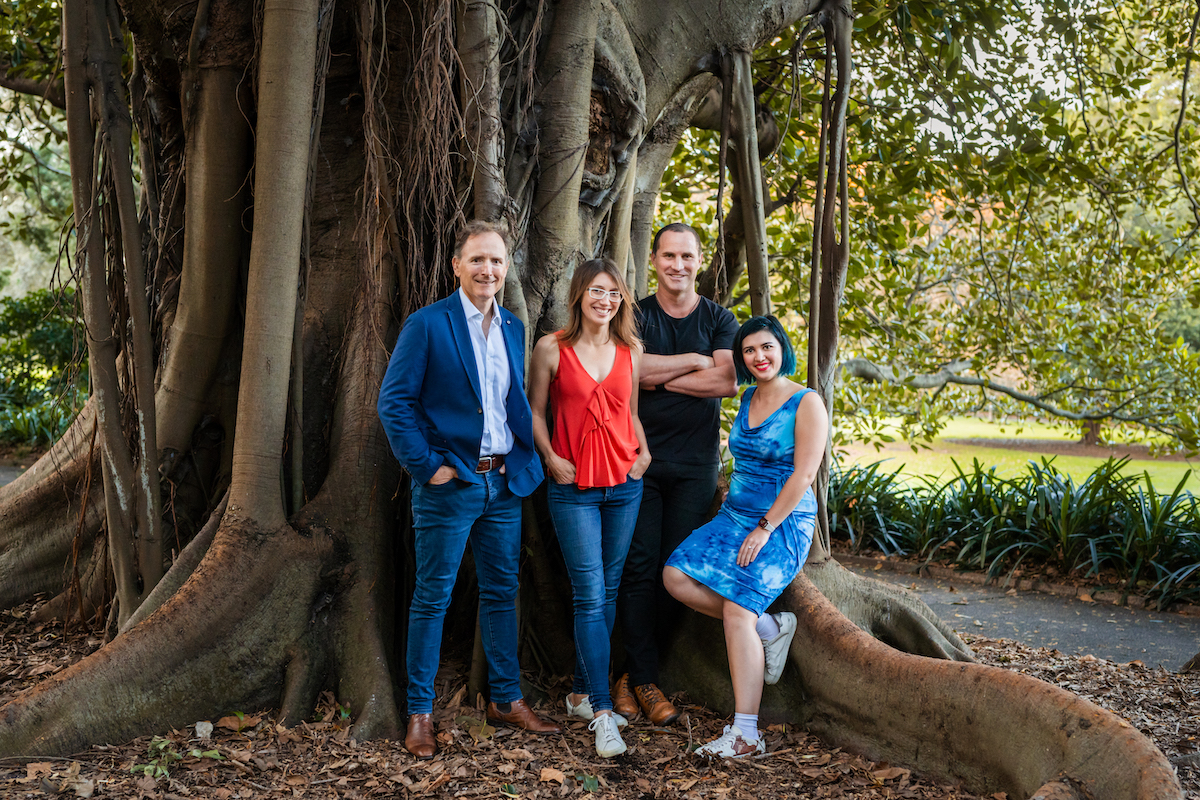“Equality is about ensuring that every individual has an equal opportunity to make the most of their lives and talents. It is also the belief that no one should have poorer life chances because of the way they were born, where they come from, what they believe, or whether they have a disability. Equality recognises that historically certain groups of people with protected characteristics such as race, disability, sex and sexual orientation have experienced discrimination” Equality Human Rights
Gender Equality was identified as one of the UN’s 17 Sustainability goals (SDGs) in 2015, and whilst many battles have been won, the war is not over.
Female founders receive less than 20% of venture funding in Australia[1], female ailments such as endometriosis take an average of 7 years to diagnose, Olympian level female athletes in numerous sports continue to pay to play (rather than earning a livable wage).
This is not equity and we need to do more.
Yes, we believe there is a role for the government to step up, with policies like equal parental leave. And yes, we should continue to back female founders – but we ask ourselves – what more can we do to bridge the gap, from a capital markets perspective?
This has led us to view the problem as both a horizontal and a vertical.
Horizontally, across our portfolio and business operations – we continue to implement inclusive policies and back pioneering female founders (40% of our portfolio have female founders).
But – we also see room to invest directly in the structural causes for inequality and are calling out for founders working on resolving gender equality at their core. We believe there is ample opportunity to make an impact and commercial returns by better addressing this half of the population.
Unlike environmental sustainability (with clear sub-themes and ample climate tech opportunities), our equality investment vertical remains full of white space. As such – we’ve identified seven promising areas which we believe have venture scalability in both impact and returns:
Women’s Sport:
- Women make up 40% of athletes, but receive 4% of total sports media coverage, making it difficult to build awareness of sports and athletes, and in turn, for them to earn a living.
- Sport can be empowering, improves visibility and leadership. Increased opportunities for women to pursue a career in sport and to expect the same level of remuneration for such as their male counterparts will increase the number of women pursuing this as a career and elevate how it is ‘valued’ in society. We are looking at businesses that level this playing field.
Valuing Care:
- Women are disproportionately affected by parental leave, domestic duties and the mental load, which hinders their ability to reach their full potential. A lack of financial value placed on this productivity contributes to the financial gender divide.
- We are looking for companies that are creating more equitable work-practices and looking for ways to reduce the household load to level this playing field. We point to our board chair, Sam Mostyn’s recent address where she highlights why “CEW[2] believes that we need to put care at the center of our economy”[3].
- We expect to see commercial opportunities due to the productivity gains for businesses and the potential to create a new market that recognizes the value in domestic functions.
Product Design:
- The world has not been designed with equality in mind (e.g. office temperatures are calibrated to men, women are more likely to be injured in car collisions as crash dummies were initially calibrated to male bodies). This creates opportunities for products to optimize for underserved demographics.
Life Cycle:
- There is growing research that gender differences commence at childhood (gendered toys), continue throughout the lifecycle (less STEM participation, safety issues) and compound at end of life (superannuation gap, poverty).
- We look for ventures specifically targeting systemic issues throughout a woman’s life-cycle.
FinTech:
- The gender pay gap still sits at14%, and the super gap is 47%[4], despite women living longer.
- We are looking for companies taking innovative approaches to measure and close these gaps. If we invest in FinTechs improving wealth outcomes for women we will narrow the superannuation gap and help more women achieve financial independence.
Visibility:
- Women and minorities are poorly represented in media (2.24 men per women in films, few heroines in books, news coverage) and in leadership roles. Chris Wallace points out “well into the 21st century men are still writing two of every three opinion pieces, two of every three political stories, and almost nine of every 10 sports stories”.
- There’s significant evidence that seeing role-models like oneself can lead to growth, and we know it can be hard to be what you can’t see. We are looking for businesses that level the representation of minorities in media and art.
Safety and Consent:
- Half of women in Australia experience sexual assault[5]. If we invest in businesses seeking to increase safety for women and/or explain/teach consent we will reduces instances of safety and consent violations thereby improving women’s mental health and wellbeing. This will lead to second order effects improving wellbeing, participation and productivity.
Let us know…
We’d love to hear from any founders working on these problems with scalable venture solutions, we’re also curious and keen to hear of other emerging trends in this space.
If you’re working on one of these problem sets please get in touch with us here.
[1] Source: https://www.smh.com.au/technology/10-billion-flows-to-australian-start-ups-in-banner-year-20220228-p5a0bb.html
[2] Chief Executive Women
[3] Source: https://cew.org.au/sam-mostyn-aos-address-to-the-national-press-club-of-australia/
[4] In Australia
[5] Source: https://www.abs.gov.au/media-centre/media-releases/half-all-women-and-quarter-men-sexually-harassed

